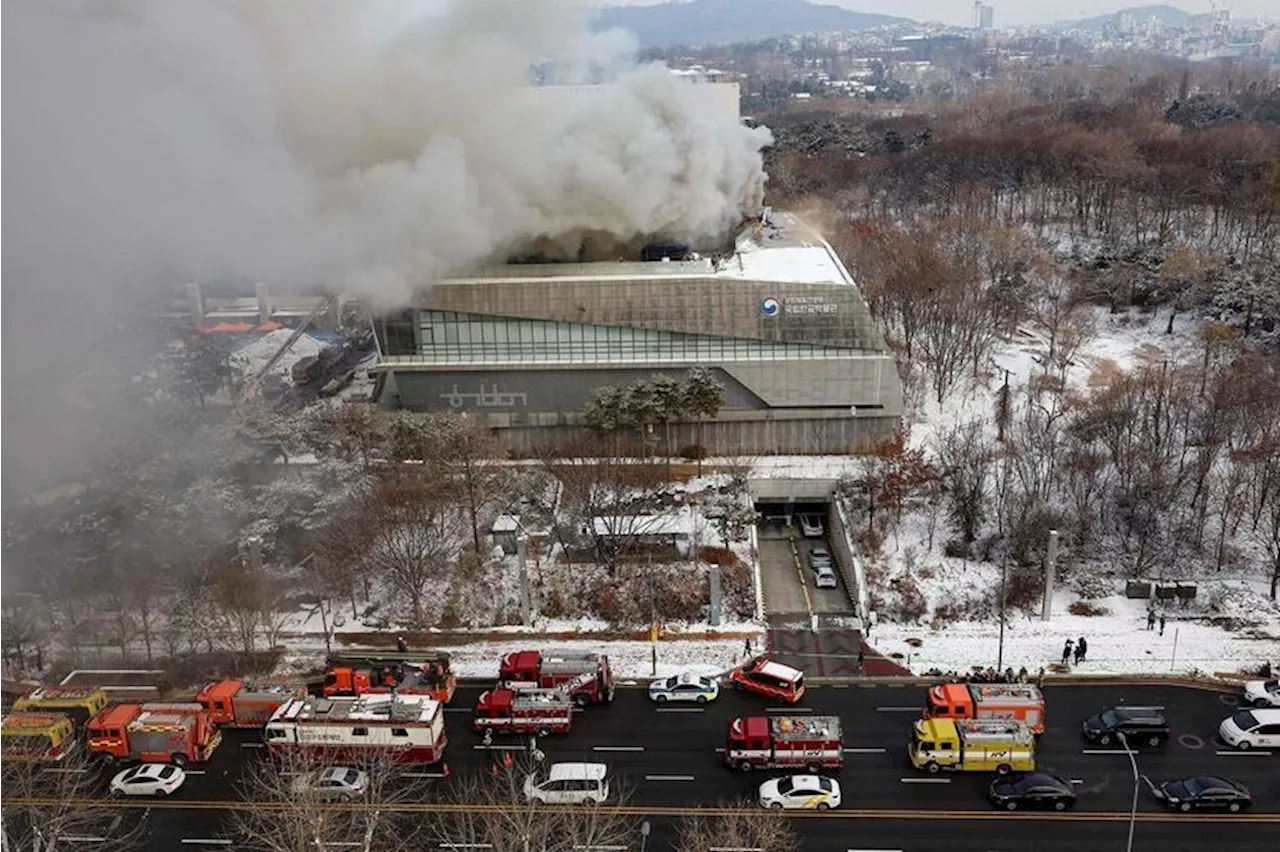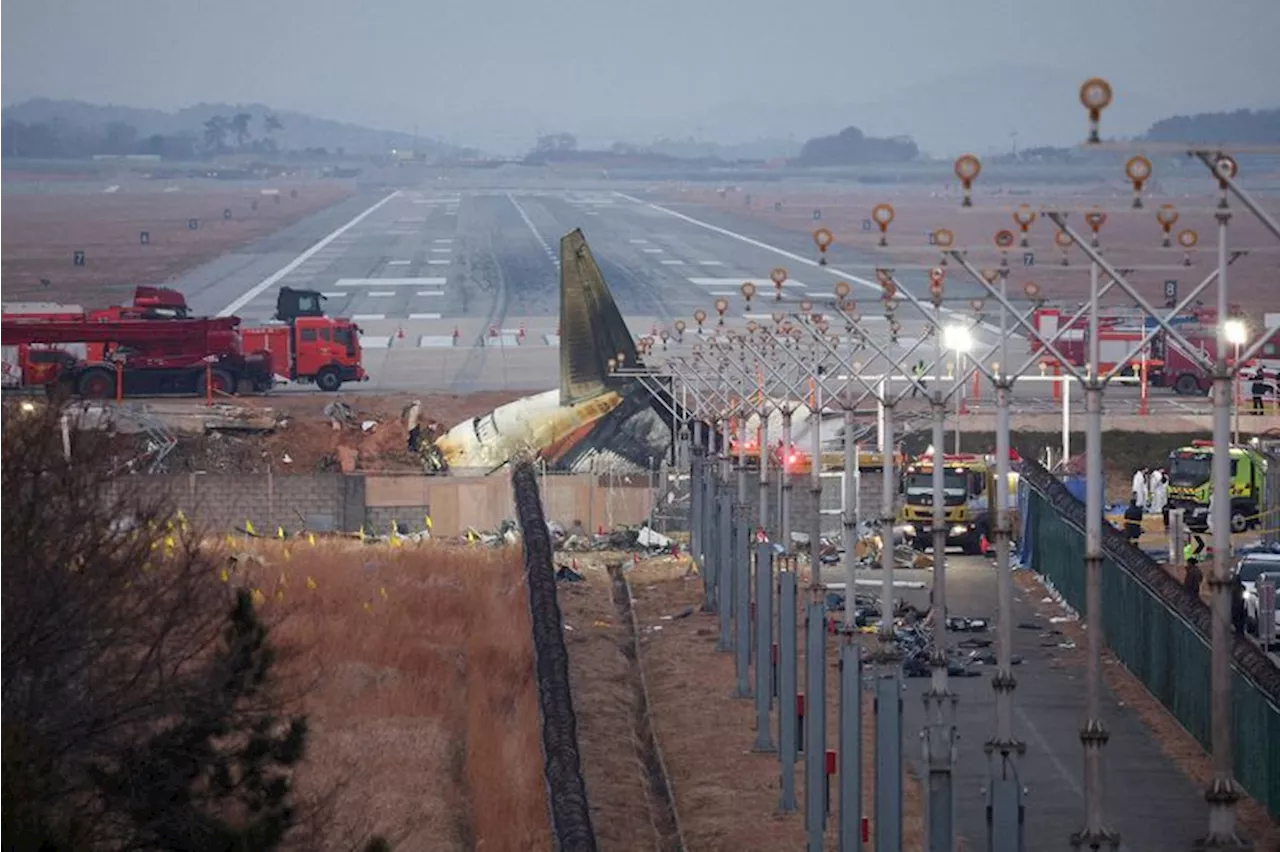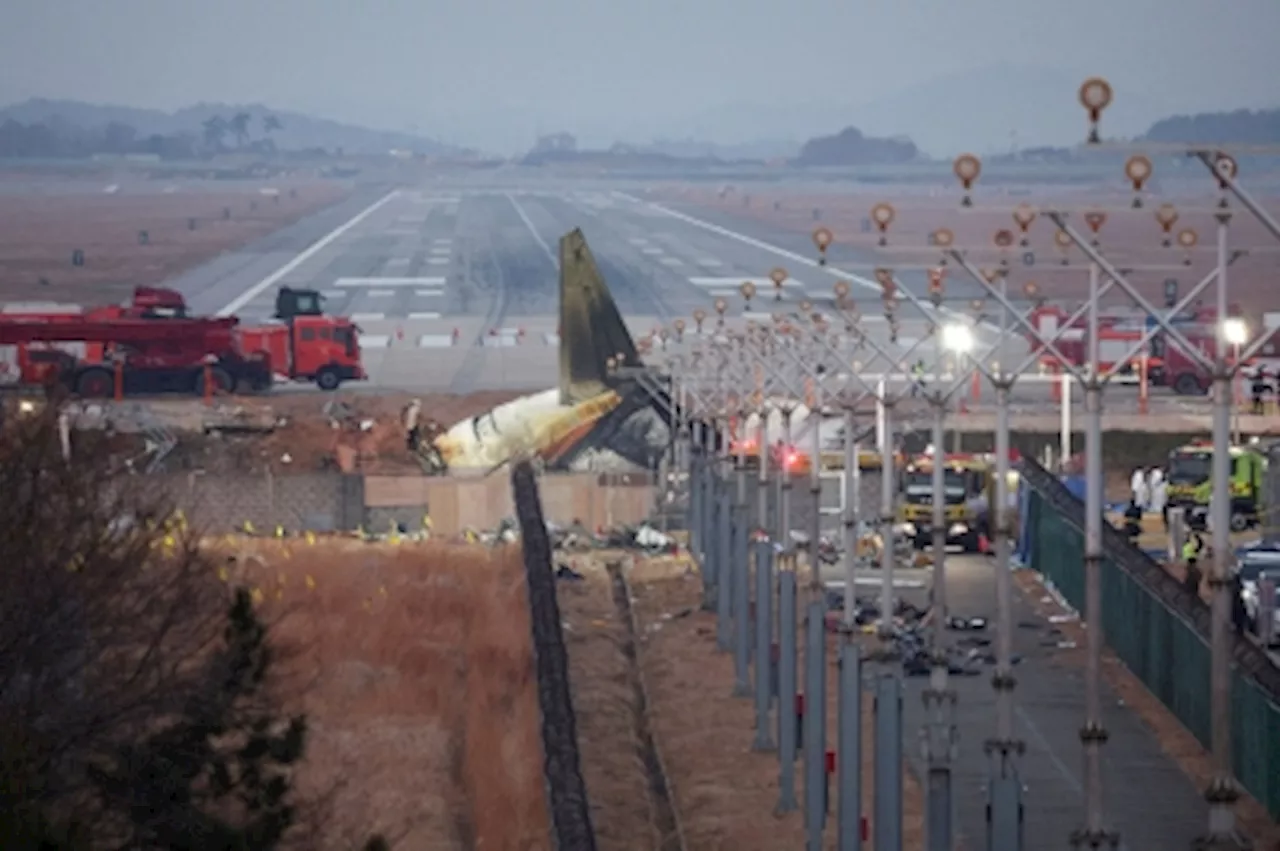Food expenses for the lowest income class in South Korea have risen by almost 40% in the past five years, putting a heavier financial strain on this demographic. The data shows a widening gap in food expenditure between the lowest and highest income earners.
Food expenses for the lowest income class in South Korea have surged nearly 40 percent over the past five years, highlighting the increasing financial strain on low-income individuals amidst soaring food inflation. According to government data released on Sunday by Yonhap, people in the bottom 20 percent of the income bracket spent an average of 434,000 won (US$300) on food in 2024, a significant increase from 313,000 won in 2019. This represents a 38.
6 percent jump in monthly food expenditures for this demographic.South Korea's overall household food expenses also rose during this period, increasing by 175,000 won, or 26.3 percent, to an average of 841,000 won. Even those in the highest income group experienced an increase in food spending, reaching 1.32 million won in 2024, up 27.1 percent from 1.04 million won in 2019. The food and beverage price index climbed to 122.9 in 2024, a substantial 28.3 percent rise from 95.8 in 2019, outpacing the 14.8 percent increase in South Korea's overall consumer price index over the same five-year period.Furthermore, the price index for food services, encompassing restaurant and catering prices, surged by 22 percent, rising from 99.2 to 121 during the cited period. Experts emphasize that the sharp rise in food prices disproportionately affects lower-income individuals as they allocate a larger proportion of their income towards food compared to higher-income households. Statistics Korea data reveals that those in the lowest income bracket spend 45 percent of their disposable income on food, while the top-income group allocates only 15 percent
Food Inflation South Korea Income Inequality Consumer Prices Low-Income Households
Malaysia Latest News, Malaysia Headlines
Similar News:You can also read news stories similar to this one that we have collected from other news sources.
 China, Japan and South Korea reaffirm support for Asean's food security during natural disastersWASHINGTON: Ukrainian President Volodymyr Zelensky has said he will not apologise to US President Donald Trump following their clash at the White House on Friday (Feb 28), reported the German news agency (dpa).
China, Japan and South Korea reaffirm support for Asean's food security during natural disastersWASHINGTON: Ukrainian President Volodymyr Zelensky has said he will not apologise to US President Donald Trump following their clash at the White House on Friday (Feb 28), reported the German news agency (dpa).
Read more »
 Berjaya Food International brings Paris Baguette to UAE via tie-up with Samaya Food InvestmentsKUALA LUMPUR: Berjaya Food International Sdn Bhd (BFI), a subsidiary of Berjaya Food Bhd, has announced the signing of a memorandum of understanding w...
Berjaya Food International brings Paris Baguette to UAE via tie-up with Samaya Food InvestmentsKUALA LUMPUR: Berjaya Food International Sdn Bhd (BFI), a subsidiary of Berjaya Food Bhd, has announced the signing of a memorandum of understanding w...
Read more »
 Former Temple Chief Relieved to See Stolen Buddha Statue Returned from South KoreaA 78-year-old former chief priest from Tsushima, Japan, traveled to South Korea to oversee the return of a stolen Buddha statue to its rightful temple. The statue, a designated cultural asset, had been taken to South Korea years prior.
Former Temple Chief Relieved to See Stolen Buddha Statue Returned from South KoreaA 78-year-old former chief priest from Tsushima, Japan, traveled to South Korea to oversee the return of a stolen Buddha statue to its rightful temple. The statue, a designated cultural asset, had been taken to South Korea years prior.
Read more »
 South Korea's language museum catches fireBooming winter tourism emerges as new growth area in the country’s economy.
South Korea's language museum catches fireBooming winter tourism emerges as new growth area in the country’s economy.
Read more »
 South Korea Overhauls Aviation Safety System After Two Major IncidentsFollowing two significant aviation incidents within a month, South Korea is taking decisive steps to revamp its aviation safety system. A new committee has been formed to investigate the causes of these incidents and implement comprehensive safety measures. The deadliest incident involved a Jeju Air plane crash, while another incident saw an Air Busan plane catch fire during takeoff.
South Korea Overhauls Aviation Safety System After Two Major IncidentsFollowing two significant aviation incidents within a month, South Korea is taking decisive steps to revamp its aviation safety system. A new committee has been formed to investigate the causes of these incidents and implement comprehensive safety measures. The deadliest incident involved a Jeju Air plane crash, while another incident saw an Air Busan plane catch fire during takeoff.
Read more »
 South Korea to Rebuild Aviation Safety System After Deadly Plane Crash and Airport FireFollowing two major aviation incidents within a month, South Korea is taking decisive action to overhaul its aviation safety system. A new committee will investigate issues such as maintenance practices, aircraft utilization rates, and airport operations, aiming to restore public trust and prevent future tragedies.
South Korea to Rebuild Aviation Safety System After Deadly Plane Crash and Airport FireFollowing two major aviation incidents within a month, South Korea is taking decisive action to overhaul its aviation safety system. A new committee will investigate issues such as maintenance practices, aircraft utilization rates, and airport operations, aiming to restore public trust and prevent future tragedies.
Read more »
